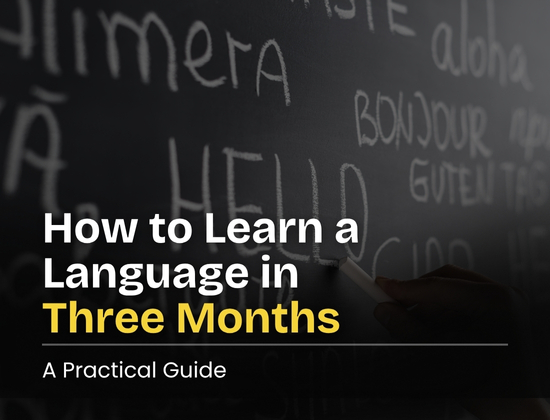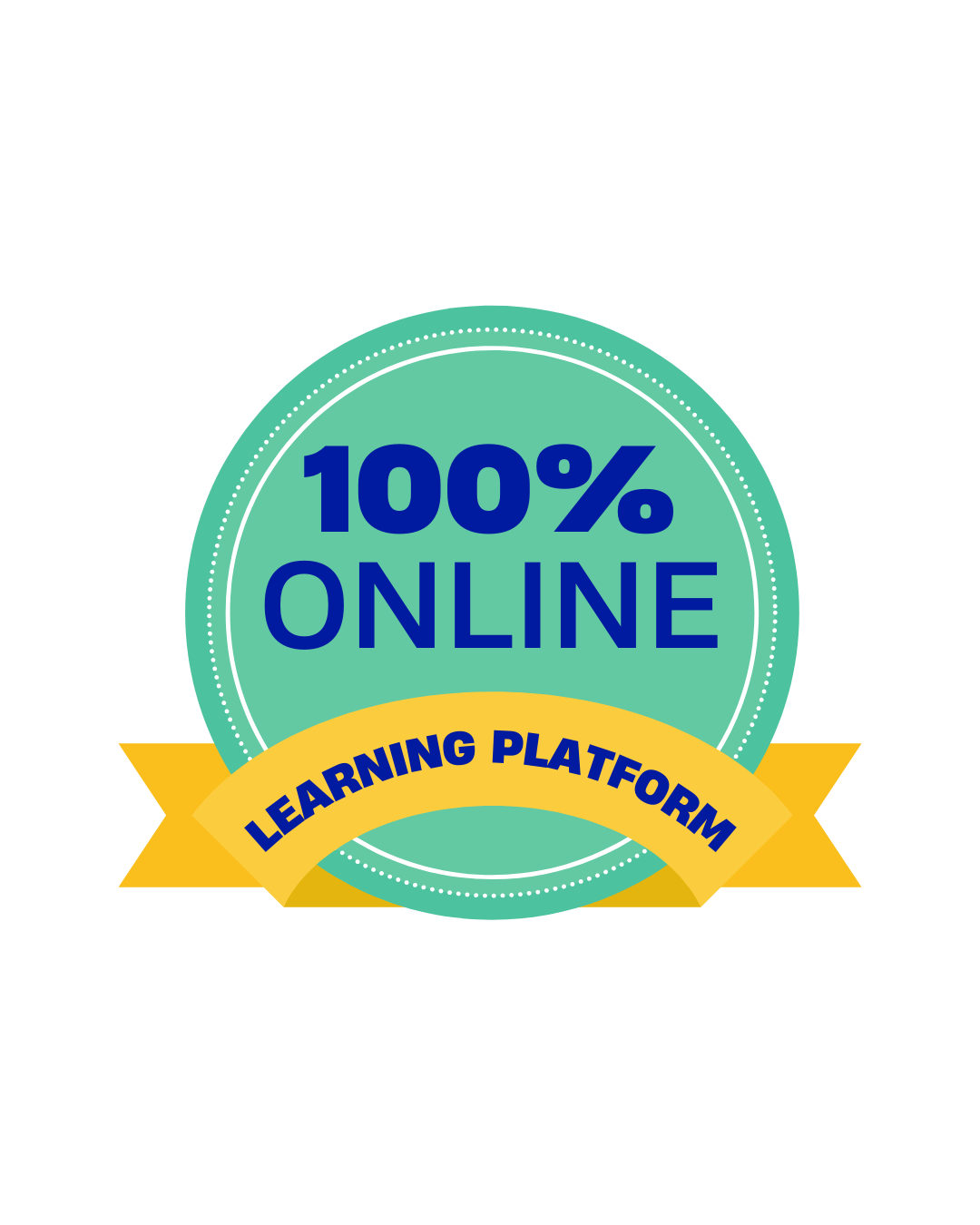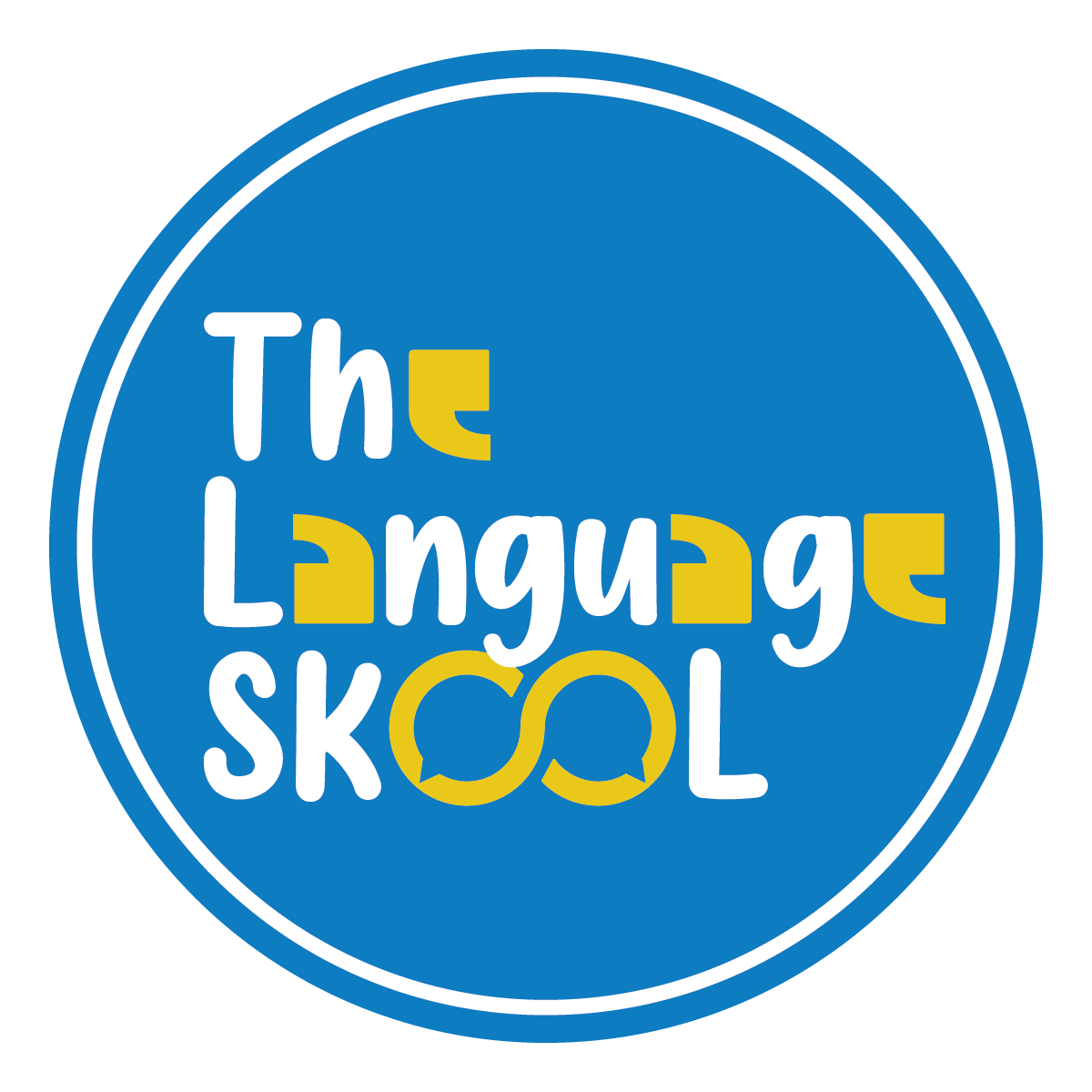
How to Learn a Language in Three Months: A Practical Guide
Learn a Language in 3 Months: A Practical Step-by-Step Guide | The Language SKOOL
Ever caught yourself thinking, “Could I really pick up a new language in just three months?” It’s a bold goal and yes, it’s possible to make meaningful progress if you approach it smartly. If you enrol in online foreign language courses and commit to structured practice, three months can become a launching pad, not a limit.
Why Online Foreign Language Courses Help You Learn Faster
Flexibility & consistency
One advantage of online learning is that it allows you to study around your life. Studies show that asynchronous formats enable learners to engage whenever it suits them—morning, late night, or between errands. This flexibility means you can turn “random minutes” into learning moments.
Access to better teachers
With language online courses, geography no longer limits you. You can connect with native or near-native speakers across the globe coaches who bring real cultural nuance to lessons.
Tech-enhanced feedback
Online platforms often include tools like instant grammar checks, pronunciation evaluators, downloadable audio, and progress tracking. These tools help convert passive exposure into conscious learning, what linguists call “noticing” input, a key step in acquiring a language.
Lower cost, higher access
Without commuting, infrastructure, or other overheads, online classes often cost a fraction of traditional ones. This means more people can access classes for foreign language learning (especially in places where in-person instruction is scarce).
Because of these advantages, learners in well-designed online foreign language courses often feel a sense of momentum in fewer months than they might expect.
How Classes for Foreign Language Improve Speaking Confidence
Safe speaking space
Virtual classrooms reduce the pressure of speaking in front of dozens of faces. Many learners report that speaking aloud in a private or semi-private online setting helps them “find their voice” faster.
Frequent speaking turns
In smaller online classes or one-on-one setups, you speak more. More turns = more experiments, more mistakes, more learning.
Immediate feedback
After your turn, a tutor can point out small pronunciation issues or rephrase an awkward sentence right away, so you adjust next time—you don’t wait days for corrections.
Encouragement & accountability
Consistent class schedules and peer interaction provide a rhythm. Having someone expecting a spoken answer helps you push through shy or off days.
All this helps speaking confidence grow fast. Over time, your internal barrier drops, you speak as you think, not after overthinking.
Top Language Online to Learn for Beginners in 2025
Which languages make sense to start with in 2025? The “best” one is the one you’ll stick with. But here are some that combine practicality, resource availability, and global relevance:
-
Spanish – massive global reach, many online resources, and relative ease for English speakers.
-
French – widely used in diplomacy, business, and education; strong course infrastructure.
-
Mandarin Chinese – beneficial in global trade and business, though more challenging structurally.
-
German or Portuguese – useful in Europe and Latin America, with good online course support.
If you’re new to foreign language study, pick one, map out 90 days, and commit to consistency. Don’t spread yourself across many languages, focus pays off.
About The Language SKOOL
If you're looking for a partner to help you stay focused and get better faster, The Language SKOOL is designed for learners just like you. Our platform offers well-structured language online courses and classes for foreign languages that balance interactive practice with expert feedback. At The Language SKOOL, lessons are contextual, not rote. You’ll speak early, receive corrections, and build from there.
What sets The Language SKOOL apart is its understanding that every learner is different. We embed cultural knowledge, real-life usage, and progressive challenges, so your language becomes alive, not just something you memorize.
A Sample 3-Month Path (What You Could Achieve)
If you follow this kind of roadmap, you'll move rapidly:
Month 1: Build foundation—core vocabulary, basic grammar, simple sentences, listening exposure
Month 2: Increase output—speak about daily life, narrate your tasks, ask/answer questions
Month 3: Push complexity—discuss opinions, understand media (podcasts/news), converse with strangers
Tips to Maximise Your 3-Month Language Learning
-
Immerse daily: Podcasts, music, movies, news in your target language.
-
Shadowing: Repeat after native speakers to match intonation.
-
Language exchanges: Talk to native speakers in low-pressure settings.
-
Use varied input: Read, listen, speak, write, don’t rely solely on one skill.
-
Review & recycle: Revisit earlier words and structures so they stay active in your memory.












